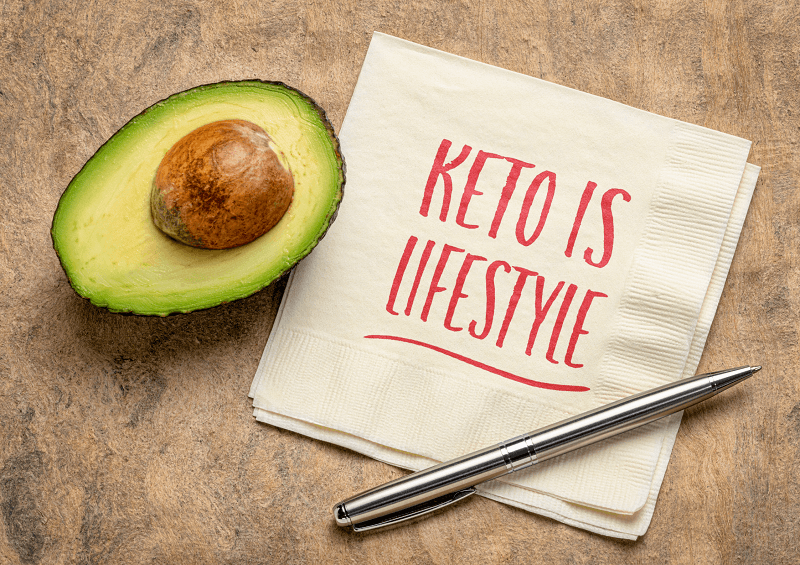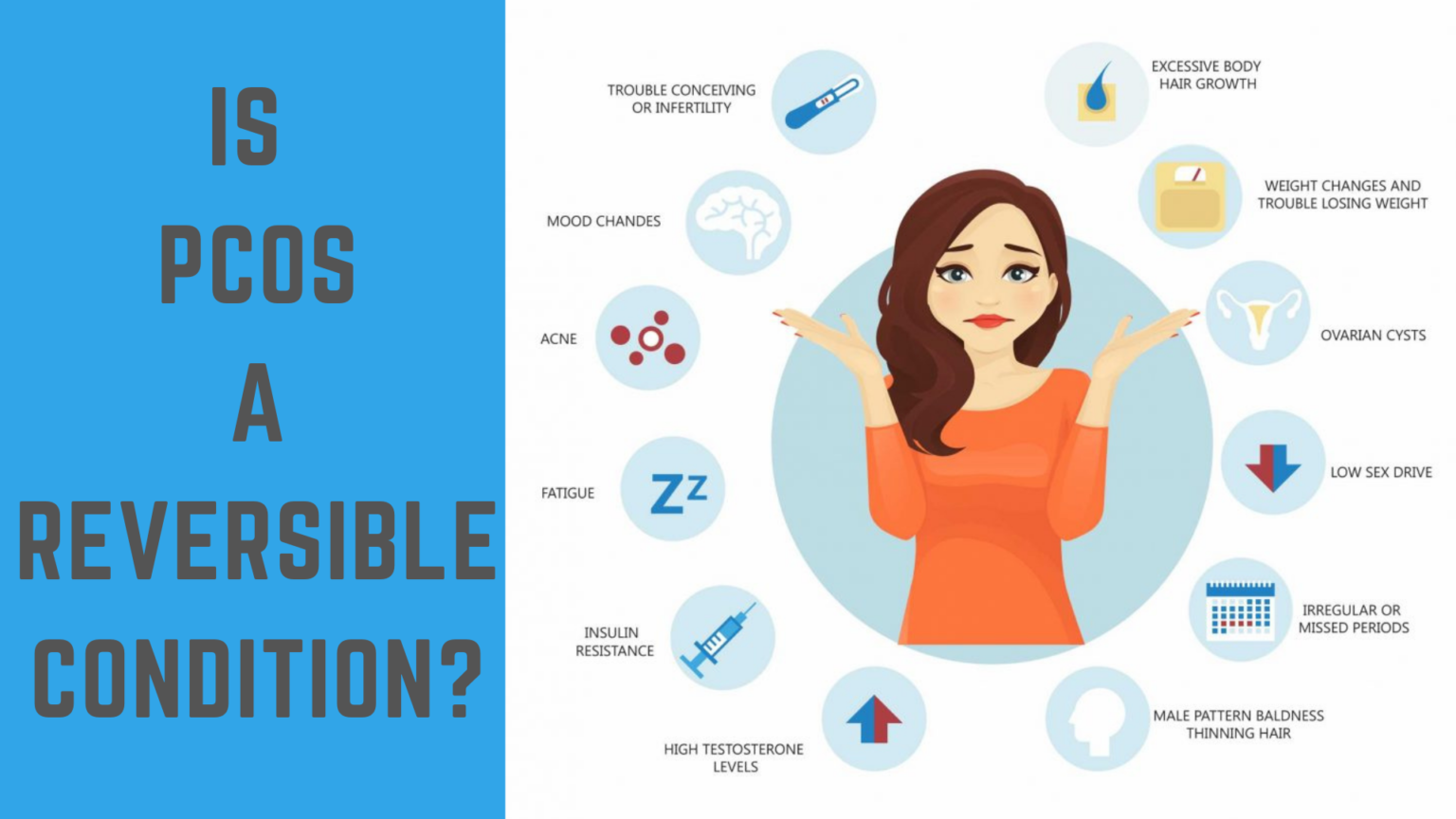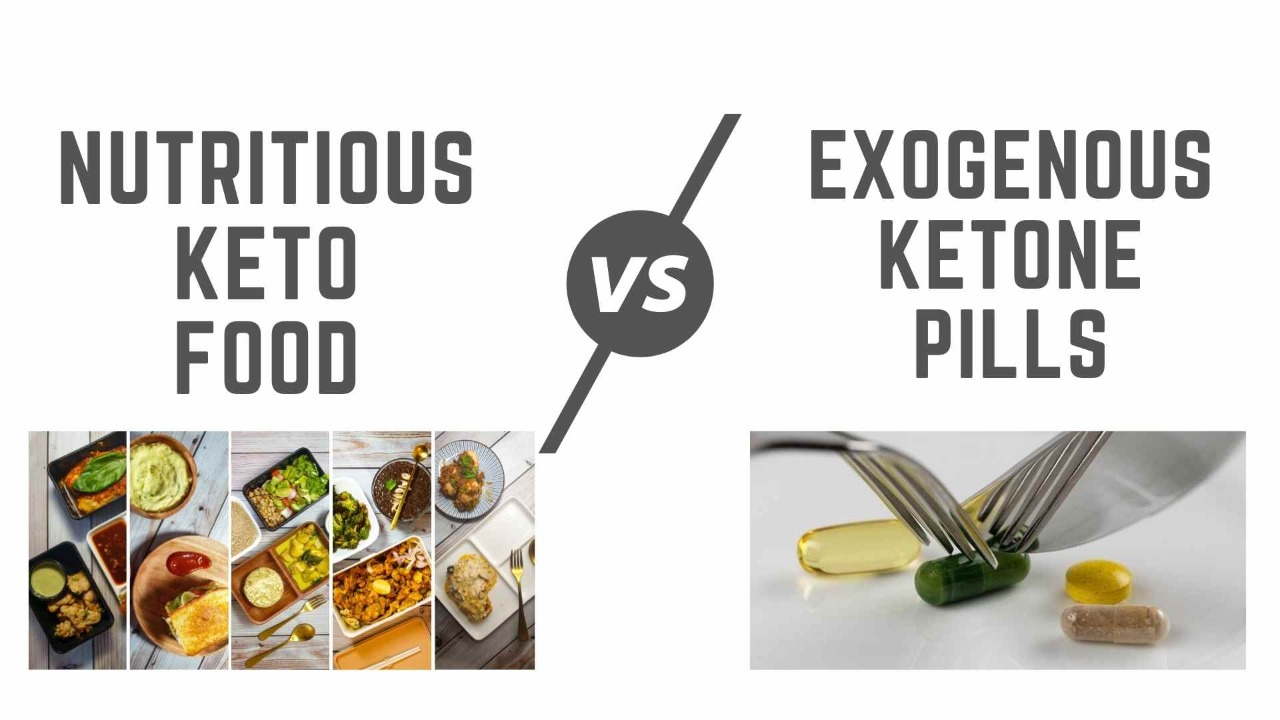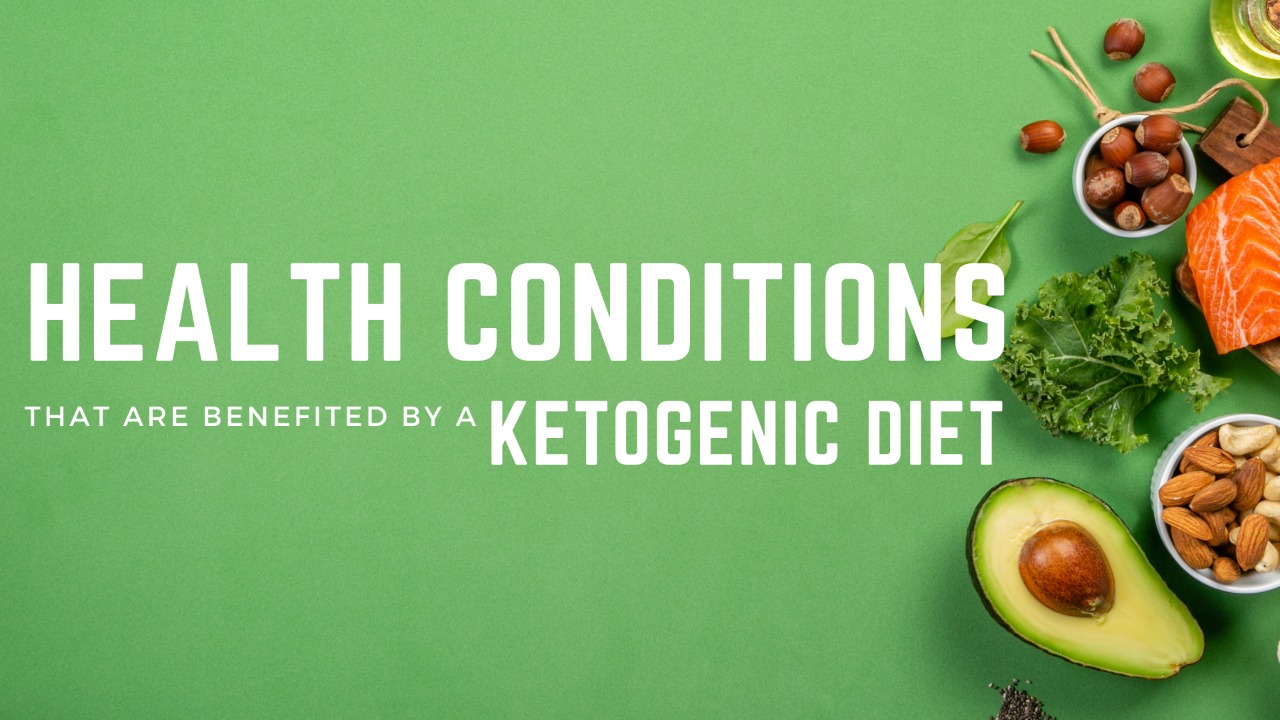
Ditch the mainstream myths about low-carb ketogenic eating
Posted on February 5, 2021
It’s not a fad, and we’re not idiots who don’t know what we’re doing
Keto-bashing reports are everywhere, describing low carb ketogenic eating as the latest ridiculous diet fad that its followers like us are too dim-witted or gullible to recognize as 1) harming us; 2) ineffective or unrealistic; 3) setting us up (or our children) for future health problems; 4) unsustainable for regular folk, or 5) bad for the planet.
It makes me sad — especially when so many of us have had such dramatic health improvements by cutting carbs and upping fat. I fear for all the people who may not get the life-changing help they could benefit from, because their favorite newspaper or magazine, or an influential blogger, espoused inaccurate opinions that dissuaded them from trying.
Some stories and reports have represented fantastic advances in legitimate recognition for low-carb ketogenic eating. For example, on January 16 the highly influential, peer-reviewed Journal of the American Medical Association (JAMA), which is read by a huge number of family physicians in North America, published a favorable review of uses of the ketogenic diet. Getting such information in front of the eyes of thousands of doctors heightens the chance that patients may now have their most trusted source for medical advice recommend a trial of keto eating. As many readers here know, just two weeks on LCHF can be eye-opening. While LCHF may not work for everyone, once you have experienced the positive effects, and feel the best you have in years, it tends to stick for a lifetime. Better to operate on healthy organs than recommend keto? Insane!
Every publishing step forward is often linked with a step back. Published in the same JAMA journal edition and linked on the same JAMA internet page were two articles promoting bariatric gastric surgery — reducing the size of the stomach — for weight loss and diabetes reversal.
One article compared two types of bariatric surgery; the other was a very positive patient handout for sleeve gastroectomy — which essentially cuts the patient’s stomach in half. Neither article mentioned, anywhere, the possibility of encouraging patients to try a ketogenic diet first before resorting to the knife.
It astounds me and infuriates me that key medical organizations and experts will eagerly recommend invasive, risky surgical procedures, with potentially serious complications, that remove part of a healthy, functioning organ, while balking at advising or supporting patients in at least a trial of keto eating. This is insanity.
Same old, same old
What is equally frustrating is when influential, well-read publications convene the same old panels, touting the same old advice “eat more fruit, vegetables, and healthy grains” or “eat less/ exercise more” that we have been hearing for years — and that for most of us has proved completely ineffective. That is what US News & World Report did in January in its ranking of best diets, which rated the low-carb ketogenic diet as the very worst. Fortunately, Nina Teicholz and Gary Taubes penned a great rebuttal in the Los Angeles Times, but the people who read the initial report may likely not see the well-argued takedown in a different publication. One article, condemning the ketogenic diet, that particularly annoyed me was penned by a dietitian who helps clients with irritable bowel syndrome. “The ketogenic diet is just plain wrong,” she said, going on to espouse her opinion that it would create serious digestive problems and increase the risk of colon cancer. This statement is not based on specific clear research but based on the assumption that the diet is always high in red meat — when it can, in fact, as we all know, below or moderate in meat or even vegetarian. Even the associational research that high red meat consumption is carcinogenic has serious flaws. Yet she confidently claims: “The ketogenic diet is a textbook example of a high-cancer-risk dietary pattern.”
Rant and scare
In a similar vein, an influential dietitian who writes for Good Housekeeping wrote in January “The ketogenic diet is B.S. for weight loss”. In her somewhat irrational rant, she also raised the specter of higher rates of cancer and osteoporosis, without any supporting research evidence, as reasons to stay away. I was dismayed that she was doing such a huge disservice for her readers, especially those with worsening diabetes, at real risk of amputations, blindness, heart attack, stroke, and kidney failure. They are being scared off by unsubstantiated future cancer claims, and never get a balanced, fair assessment of whether cutting carbohydrates and increasing fat may help them reverse diabetes and get off medication today.
Even writers who were ostensibly in favor of ketogenic eating gobsmacked me with their flawed or erroneous statements. One writer for Indian Vogue, wrote “Six keto recipes when you are on the go” but obviously never researched or tried the diet and was simply using a popular keyword like “keto” to get more web hits. She opened with this howler: “Low carbs mean low satiety levels, so it’s natural to feel ravenous when you’re going the keto way.” Anyone who has spent a single minute researching the diet, or even tried just four days of low-carb keto eating, knows that one of the greatest benefits is the loss of hunger and cravings. But then, when reading her recipes, she included honey, passion fruit, and other non-keto ingredients so maybe she really was ravenous on her so-called “keto way.”
Five stages of keto eating
Here they are:
- Disbelief: Can it be true that this way of eating removes cravings, comes with no feelings of deprivation, and still has you lose weight? Can it be true that it corrects metabolic issues and has you feeling great? How can we have been told for years to stay away from fat and fill up on grains and carbs?! I’m not sure about this, but I suppose I will try.
- Elation: It is true! It is incredible! I feel so good! The weight is coming off almost without effort. My health issues are reversing! I am getting off my various medications. This is fantastic!
- Personal promotion: I can’t stop talking about it. I must tell my friends and family. I must post pictures and comment on Facebook and Reddit. At parties, I must tell anyone who will listen how great eating fat is!
- Irritation/anger: How can major health organizations, governments, medical associations, and other groups not be embracing low-carb keto eating? How can they still be peddling outdated information that is keeping people sick? How can they continue cutting off the feet of diabetics, or cutting away stomachs of the obese, but not investigating the use and rational of low-carb keto eating? How can the low-fat, calories in/out lies and misinformation still be proliferating? This is outrageous!
- Advocacy: I must do my part to help spread the word wider than my personal circle. I must give my doctor credible and well-researched books and articles. I must help correct the misinformation. I will ignore the old guard and do my utmost to distribute good, accurate information far and wide.
The need for clear, calm but effective advocacy is what makes me so grateful for starting Mama Keto. It’s daily collating of the best of low-carb ketogenic meals and working with subscribers to better their lives.
We can’t rely, yet, on mainstream media and its columnists to distribute fair and balanced reports. So it is up to us, the people whose lives have been irrevocably changed, to spread the word and share important articles. And as our numbers grow and grow, the so-called mainstream “experts” will eventually have to change. Until then they may raise the spectre of fear or promote out-of-date views, but we can remain calm, rational and carry on. When one’s health improves so hugely, mainstream media and its array of tired experts become much easier to ignore.


